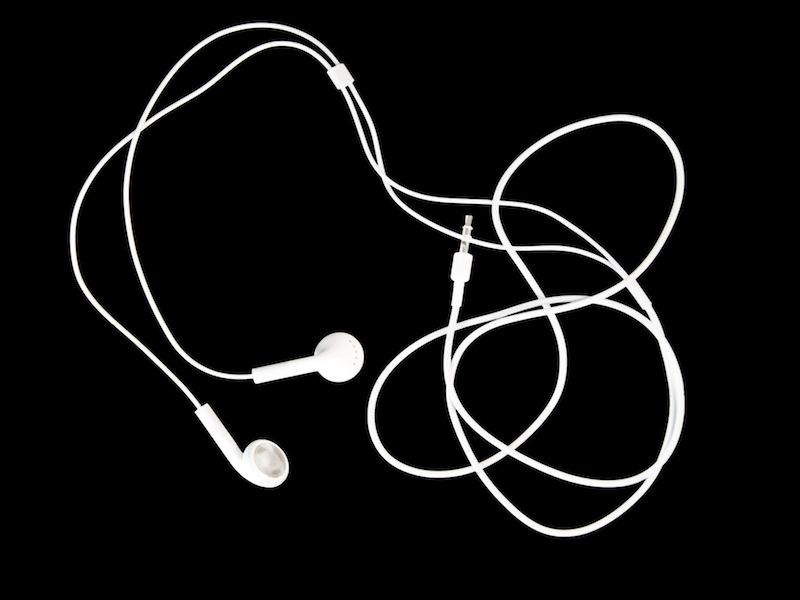
You don’t need to feel like your by yourself if you haven’t had a hearing test since you were a youngster. Unfortunately, we have a tendency to treat hearing loss reactively instead of proactively, and a routine adult checkup normally doesn’t include a hearing test. Most people ignore hearing loss, even when they are aware of it, for up to seven years which can significantly affect your health. In fact, untreated loss of hearing has been proven to raise your healthcare costs over the years.
The good news, So that our hearing specialists to help you, we suggest a hearing exam which is easy, painless and supplies a wide range of important information. Both to find out if interventions such as hearing aids are helping you and also for diagnosing potential hearing issues. A full audiometry test is more involved than what you might remember from childhood and you won’t get a sticker or a lollipop when it’s finished but you’ll get a much clearer understanding of your hearing.
While you might not give the condition of your hearing as much attention as you do the health of your teeth or your eyes, it is essential that you routinely have your hearing checked. You may not detect an issue with your hearing for some time. Loss of hearing normally occurs slowly, and the sooner you recognize a problem with your hearing, the sooner you might be able to fix it.
How do You Know When to Get Examined?
Typically the hospital will test infants for hearing loss before they send them home. Teenagers should be screened during routine checkups with their physicians and children should have formal hearing tests at the ages of 4, 5, 6, 8 and 10 years old according to The American Academy of Pediatrics.
If you are between the ages of 18 to 45, it is suggested that you have your hearing examined every five years and then more often as you age. After you turn 60 you need to be checked every two years and if you are between 46 and 60 every three years. But don’t allow that to stop you. The regularity with which you should get checked will ultimately depend on your unique situation. If you notice your hearing isn’t as good as it once was, you should have it tested right away. Untreated loss of hearing has been linked to cognitive decline, depression and a greater risk of falls and other health issues. It can also influence your relationships and your ability to do work efficiently.
And you should have a hearing test, in some situations, as soon as possible if you have hearing loss that is getting worse quickly. The following situations mean that you need to get a hearing test immediately:
- Conversations are difficult to hear when you are in a crowded area especially
- Your ear was infected, or there was a buildup of earwax
- Your ears have constant ringing in them
- Asking people to repeat themselves is something you have to do constantly
- Pinpointing where sounds are coming from is difficult
- You are experiencing vertigo
Another factor is whether you are at a greater risk for hearing loss. You should get your hearing screened more often, for example, if you are exposed to loud noise or if loss of hearing runs in your family.
Also, over 200 ototoxic medications exist. These drugs can be quite harmful for your hearing and they range from some antibiotics to aspirin. Check with your doctor to make certain any medicines you are taking aren’t impacting your hearing. If you need to use a medication that you know is ototoxic, think about getting more regular hearing testing so you can address any hearing loss immediately.
Also, consider your habits and whether they might contribute to hearing loss. Frequently using your earbuds? There’s been a noticeable increase in younger people who have hearing loss, which many experts attribute to the increased use of earbuds and other headsets. Your hearing can also be significantly harmed by machinery, shows, or loud concerts. If you think that it’s time for you to get your hearing examined, schedule an appointment today.

